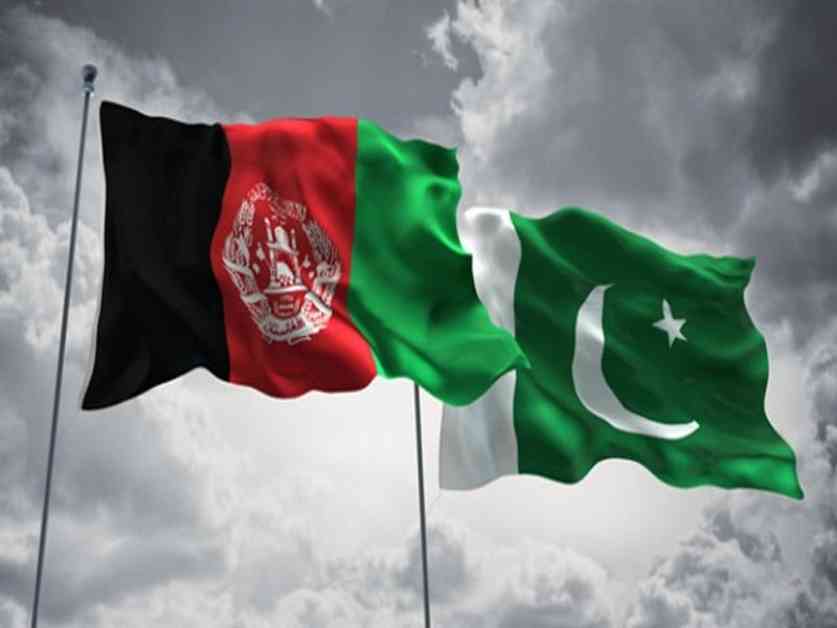Pakistan Denies Afghan Request, Proceeds with Deportations
In a recent development that has stirred controversy and heightened tensions between Pakistan and Afghanistan, Islamabad has firmly declined a request by the Afghan Taliban to extend the stay of Afghan refugees in Pakistan. The Pakistani government has made it clear to Kabul that it intends to move forward with its plan to deport all illegal migrants and Afghan Citizen Card (ACC) holders after March 31.
The decision to expel ACC holders was formally announced by Pakistan on March 7, marking a significant shift in policy. With an estimated 800,000 ACC holders currently residing in Pakistan, the government’s directive stated that individuals falling under this category must leave the country by the end of March or face deportation as illegal aliens.
Despite speculations circulating prior to the announcement, it was the first time that Pakistan’s Ministry of Interior officially confirmed the impending deportations. The ministry’s official statement emphasized the implementation of the Illegal Foreigners Repatriation Program (IFRP) since November 1, 2023, highlighting the government’s commitment to repatriate all illegal foreigners and ACC holders.
As the deadline for voluntary departure approaches, the Afghan Taliban government reached out to Pakistan through diplomatic channels, requesting a reprieve for their nationals and additional time to make necessary arrangements. However, official sources have confirmed that Pakistan’s decision is final, with no room for further negotiation or extension.
With preparations already underway, relevant authorities and all four provinces have been instructed to facilitate the organized return of Afghan refugees. Since the initiation of the repatriation campaign in November 2023, over 800,000 Afghans living in Pakistan illegally have been successfully repatriated, sparing only those registered with the UNHCR or holding the ACC.
Despite the Afghan government expressing concerns over the forced deportation of its citizens and allegations of mistreatment, Pakistan has refuted these claims and urged the Afghan Taliban to create a conducive environment for the dignified return of Afghan nationals. This stance has further strained the already tense relations between the neighboring nations.
Accusations of Afghan nationals’ involvement in recent terrorist attacks on Pakistani soil have escalated the animosity between the two countries. Following investigations linking Afghan nationals to the Bannu Cantonment attack, as well as clashes at the Torkham border crossing, which has been closed since February 21, Islamabad has squarely blamed Afghanistan for the rise in terrorist activities and border disputes.
The closure of the key border crossing, triggered by the construction of a new check post on Pakistani territory by the Afghan side, has further complicated the situation. Sources indicate that the deportation process will also extend to the Torkham border, emphasizing the gravity of the situation and its potential impact on bilateral relations.
As the deadline for deportations looms closer, the repercussions of this decision on the Afghan refugee population and the broader geopolitical landscape remain uncertain. With both countries at a critical juncture in their relations, the fate of Afghan refugees in Pakistan hangs in the balance, underscoring the complex interplay of politics, security, and humanitarian considerations.









